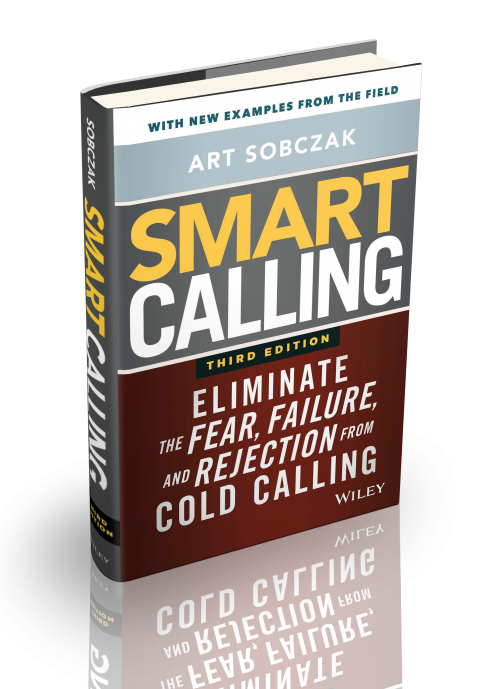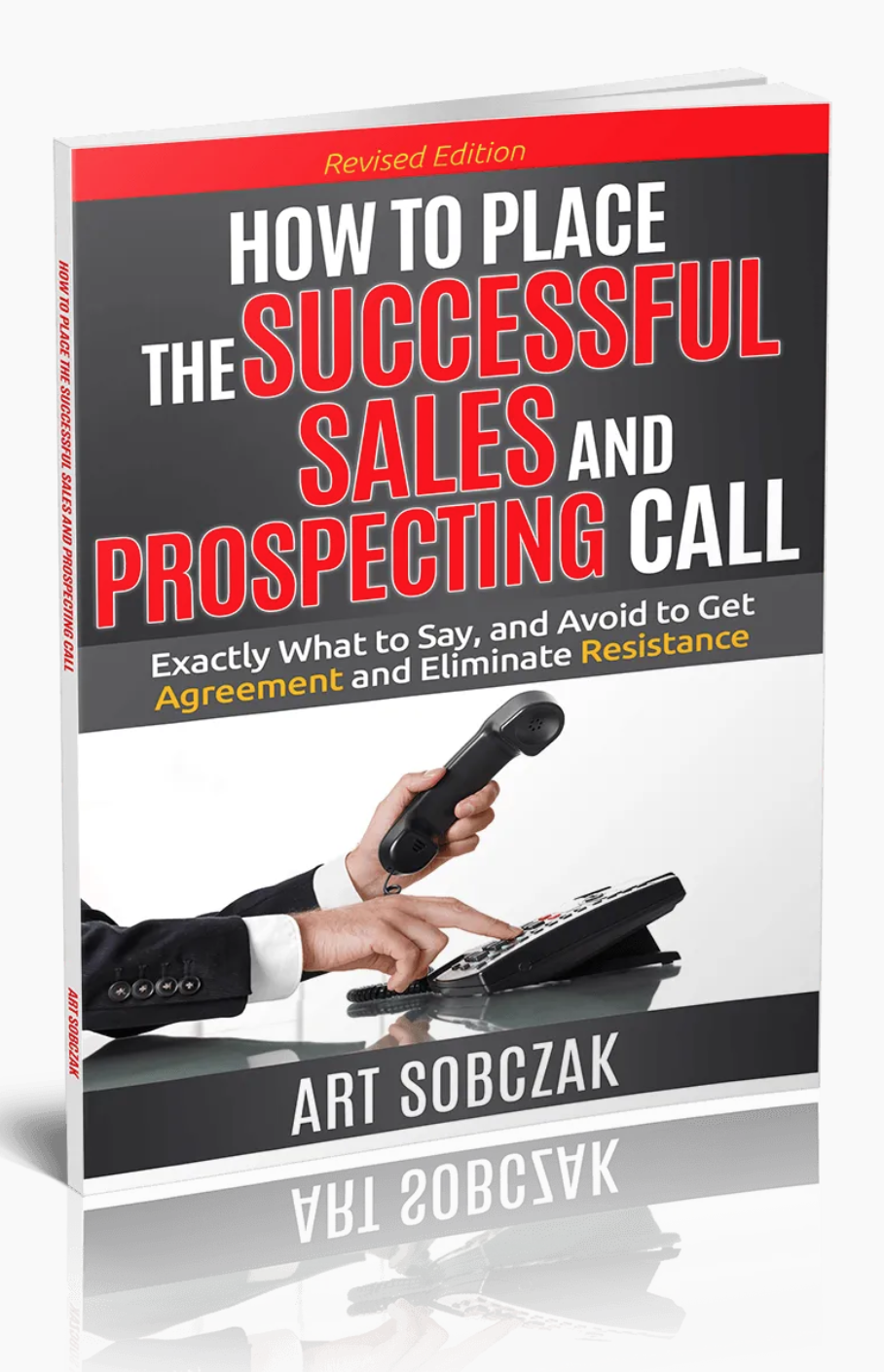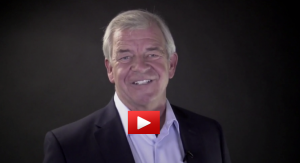 While listening to a rep’s calls in preparation for a client training program I heard him say,
While listening to a rep’s calls in preparation for a client training program I heard him say,
“…and right now you might be thinking that since you are in a contract with a supplier that would hold you back. Here’s how others have handled that…”
And then he proceeded to masterfully remove that possible, yet unspoken objection.
If there’s an issue that ALWAYS comes up as an objection, it’s not a bad idea to bring it up, and answer it before it becomes a major issue later.
By bringing up the objection before he does, you clear up negative thinking early in the call.
For example, the prospect may feel that your price is too high and he therefore will not be listening very carefully to what you’re saying. However, by addressing the situation early, and resolving the issue, the prospect will be more open to your presentation.
Here are ways to transition into bringing up the inevitable objection:
“I bet you are asking yourself…”
“You might be wondering…”
“If you are concerned about …”
In his outstanding book, “Triggers : How to Use the Pyschological Triggers of Selling to Motivate, Persuade & Influence,” copywriting and advertising genius Joseph Sugarman said that he turned losing products into profitable ones by airing the dirty laundry and disadvantages about products up front.
This reduced and often eliminated major objections to the sale.
For example, he was writing an ad for a thermostat that required installation by the consumer. Knowing that would be an objection by the consumer, he would bring it up right away at the beginning of the ad, and then resolve it by explaining that thermostat wires were on 24-volts—not enough to hurt anyone. He pointed out the wires were color coded and easy to install.
In my all-time favorite book on persuasion, “Influence: The Psychology of Persuasion” by Robert B. Cialdini Dr. Robert Cialdini explains how bringing up shortcomings actually builds ones credibility.
He tells the story of how an unscrupulous waiter in a restaurant would often dissuade people from buying some of the more expensive dishes, saying
“The filet isn’t that good today,” and would suggest something slightly less costly. Customers, appreciating the “honesty” of the waiter then listened very intently when he made his wine recommendations, which were typically quite costly, therefore bumping up the total bill, and his tip. (I know, the waiter was dishonest, but Cialdini makes his point well about the psychological power of the principle).
What are the obstacles that ALWAYS arise with your product or service? Use these examples to come with a way to admit them, explain them, and then point out your advantages.














{ 0 comments… add one now }